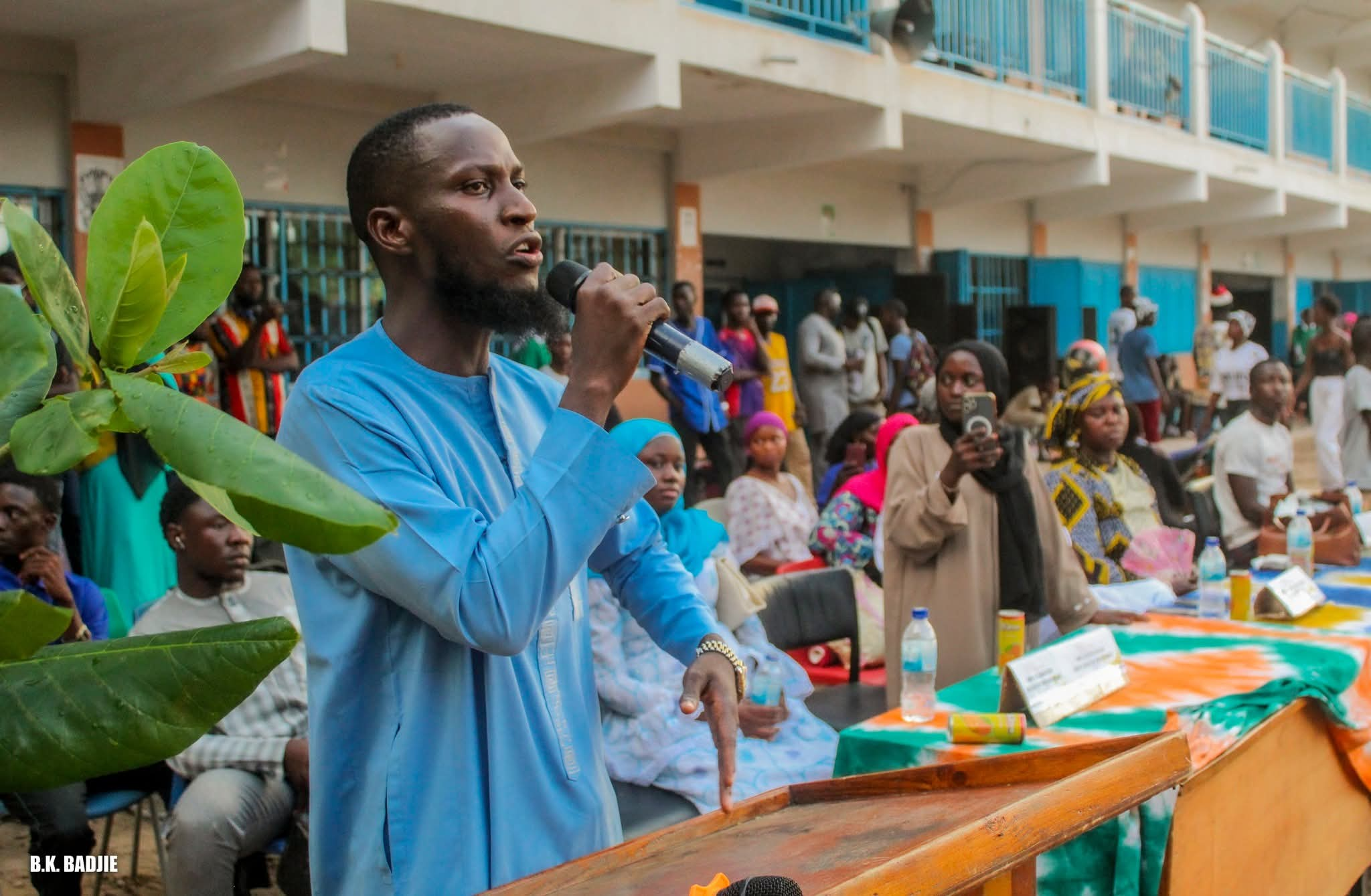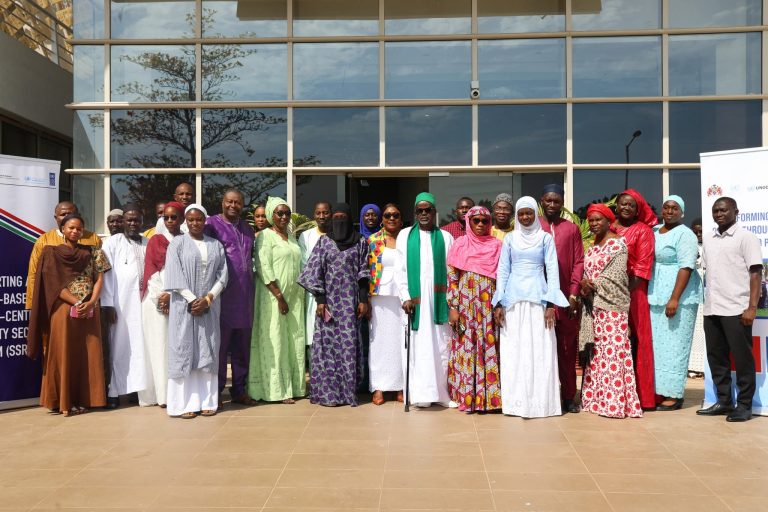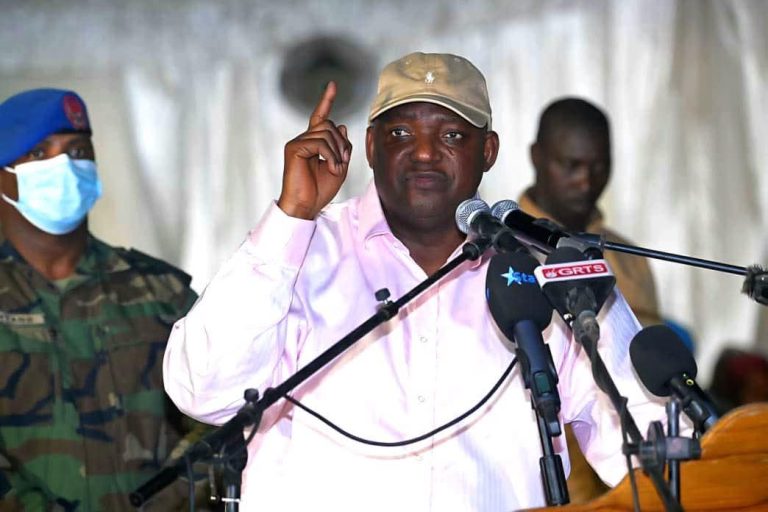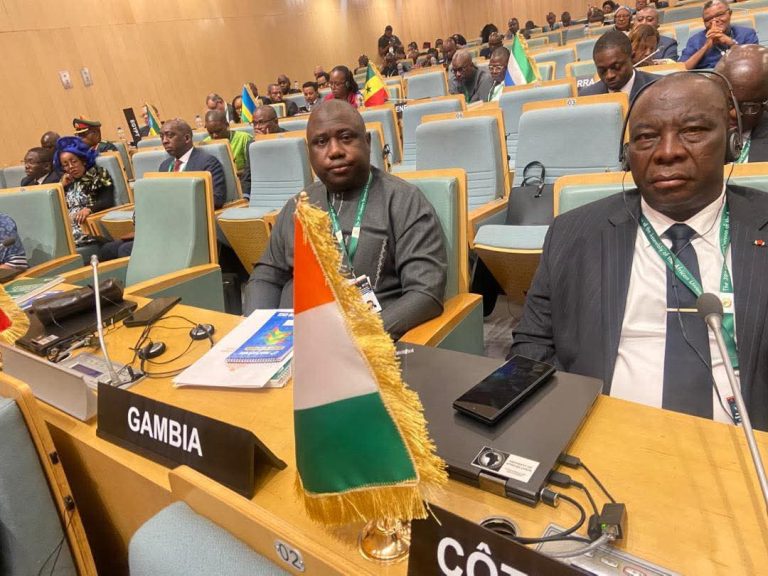
Hon. Bakary K Badjie was invited and welcomed as the Chief guest speaker at the awards and handing over ceremony of Lateikunda Sabiji Business Club.
The event, which also consisted of a Cultural display and a quiz competition amongst four schools, was well attended and highly successful.
Hon. Badjie’s speech was centred on “𝗘𝗻𝘁𝗿𝗲𝗽𝗿𝗲𝗻𝗲𝘂𝗿𝘀𝗵𝗶𝗽 𝗶𝗻 𝗡𝗮𝘁𝗶𝗼𝗻𝗮𝗹 𝗗𝗲𝘃𝗲𝗹𝗼𝗽𝗺𝗲𝗻𝘁”
Here is a glimpse of what he said:
Entrepreneurship is about problem-solving, nation-building, and setting a country toward real independence. Across Africa, we have seen young people rise, innovate, and reshape their countries by creating solutions to our economic, technological, transportation and other national and sociatal problems, thereby improving lives and livelihoods.
The Gambia can do the same.
Let us take Rwanda. After the genocide in 1994, Rwanda made a conscious shift toward entrepreneurship as a national strategy. Today, homegrown companies like AC Group, founded in 2015, have transformed urban transport with smart bus card systems in Kigali.
Local innovation has also advanced the use of drones for medical supply delivery through partnerships with local startups. These are not imported ideas. These are African solutions to African problems, led by African minds.
In Nigeria, entrepreneurship has reshaped entire sectors. In 2006, Aliko Dangote built West Africa’s largest cement plant, reducing Nigeria’s reliance on imports and making the country a net exporter of cement.
In 2016, Paystack emerged from Lagos and revolutionised online payments across Africa. These innovations not only brought income to founders, but they also created thousands of jobs and positioned Nigeria as a digital hub for West Africa.
Ghanaians have also created food processing businesses, turning local produce into export-ready products. These businesses reduce waste, create jobs, and bring in foreign exchange.
Senegal is rising too. Entrepreneurs there are innovating in clean energy, fisheries, and fashion. In 2018, start-ups in Dakar began using solar-powered systems to preserve fish for longer, allowing fishermen to earn more and waste less.
Young women designers are building Senegalese fashion brands that are now competing across Africa and entering European markets.
In each of these countries, entrepreneurs did not wait for perfect conditions. They worked with what they had, they thought creatively, and they acted. They have created wealth and value for their societies.
In The Gambia, we have successful entrepreneurs. Amongst them are the following:
You can also give examples of successful Gambian entrepreneurs who have contributed significantly to the nation development efforts:
Abubacarr Jawara, the founder of GACH Global. He established one of The Gambia’s first large-scale tomato processing factories in 2019. His business helped reduce post-harvest losses for farmers and created jobs for rural communities, especially women.
Through GACH, he also invested in rice cultivation and other agricultural ventures, contributing to national food security and import reduction.
Mustapha Njie, the founder and CEO of TAF Africa Global. Over the years, he has transformed the real estate sector in The Gambia by building affordable housing, modern estates, and commercial complexes. His company employs hundreds of Gambians and invests in infrastructure development across West Africa.
He is also committed to mentoring young entrepreneurs and regularly sponsors skills training programs.
You the young must take notes. We have youth with ideas. We have graduates with ambition. What we need is a mindset that sees entrepreneurship not as a side hustle, but as a national tool for economic liberation.
Young Gambians do not have to look far for opportunity. The River Gambia alone is a gift—one that can be used to develop local transport, ecotourism, fish farming, and river-based logistics services.
Our fertile lands remain underutilised. Mechanized farming, vegetable production, rice cultivation, and livestock rearing are all excellent paths to venture.”
We need people who are bold enough to try, to build, to fail and start again, to think differently.
The Gambia belongs to those who are ready to take responsibility for its development.”




